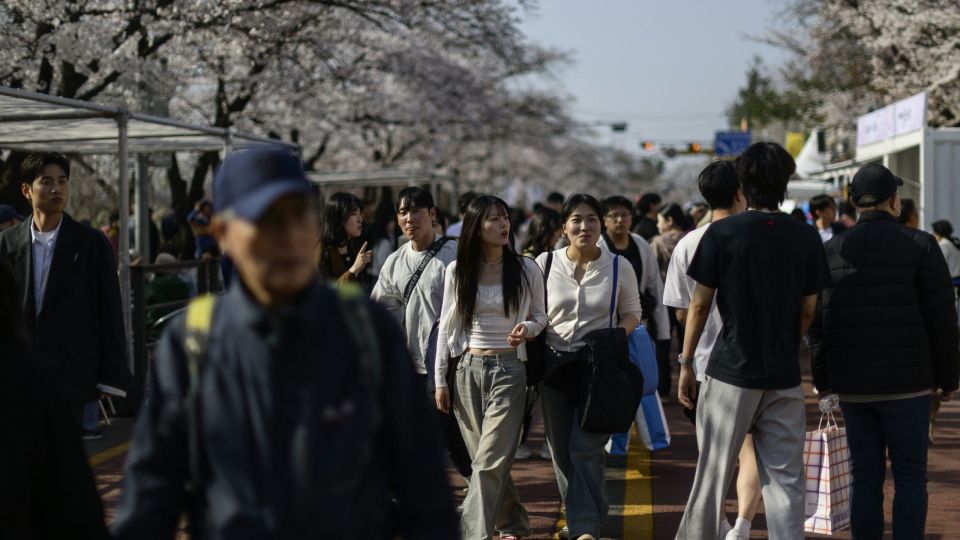June 6, 2025
SEOUL – Korean adults’ level of acceptance toward immigrants has increased slightly since 2021, but the reverse is true for middle and high school students, a government survey revealed Thursday.
The Ministry of Gender Equality and Family released research results measuring Koreans’ acceptance of multiculturalism through indicators such as cultural openness, prejudice toward immigrants and willingness to engage in intercultural relations. A total of 11,000 individuals participated in the research: 6,000 adults aged 19 to 74 and 5,000 middle and high school students.
The research is conducted every three years as part of the government’s efforts to develop effective policies. This year’s results showed that the average multicultural acceptance score for adults rose to 53.38 out of 100, up from 52.27 in 2021. It is the first increase in nine years, signaling a shift toward more inclusive attitudes.
In contrast, youth scores dipped, with middle school students averaging 71 points and high school students 68.52. Acceptance levels are typically higher among younger adults and students but decline with age. Among adults, those in their 20s showed the highest levels of acceptance (55.44), while those aged 60 and above recorded the lowest average score (51.14).
The report also highlighted a strong link between direct contact with immigrants and positive attitudes. Respondents who had frequent interactions with people of different cultural backgrounds showed significantly higher acceptance scores.
Additionally, the study found that participation in intercultural activities has a greater influence on improving acceptance than formal education. Youth who joined multicultural programs or volunteered with immigrant communities displayed consistently higher scores than those who only received classroom instruction.
Public perception regarding the contribution of immigrants to society was largely positive, with over 78 percent of adults agreeing that the increase in immigrants helps alleviate labor shortages. Over 65 percent said they would have a positive impact on the general economy, while more than 55 percent agreed that they would contribute to cultural diversity.
The ministry plans to use these findings to improve national social integration policies, focusing on increasing practical opportunities for interaction between citizens and immigrant communities. A government official emphasized that fostering firsthand experiences, rather than passive education, will be key to building a more cohesive and inclusive society.
The National Multicultural Acceptance Survey has been conducted every three years since 2012 and is used as foundational data for shaping multicultural and integration policy in South Korea.


